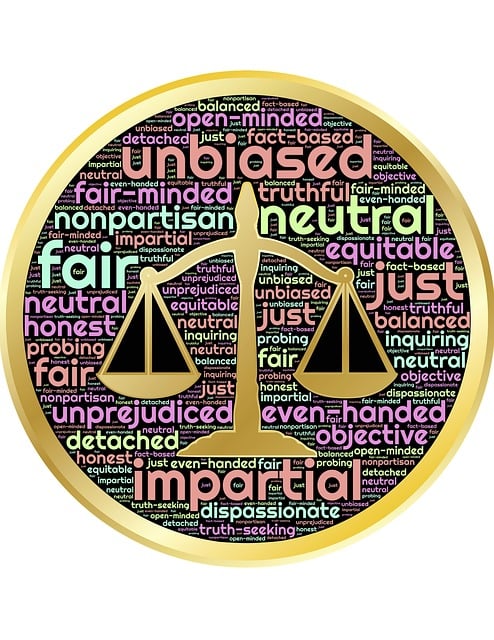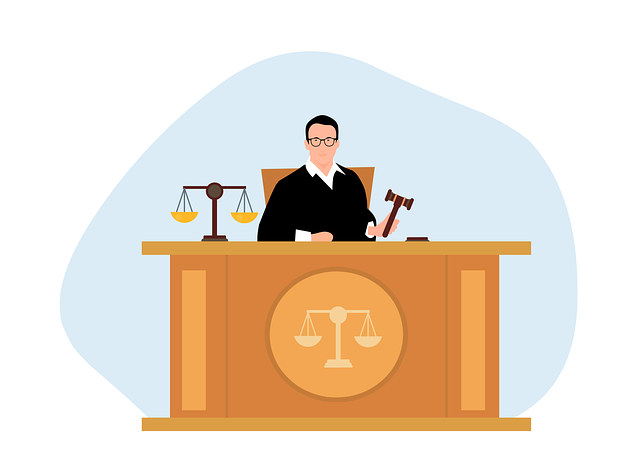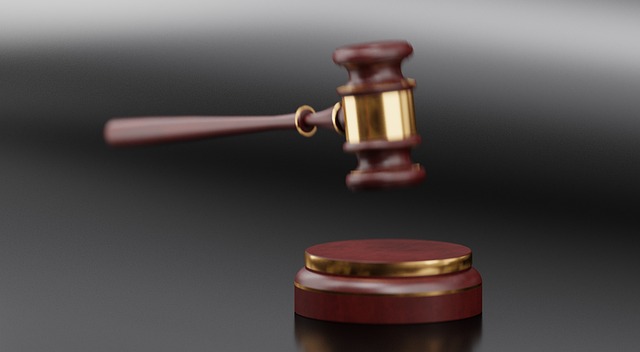Criminal Defense Attorneys are legal experts who advocate for individuals facing criminal charges, with a key focus on navigating complex appeals processes, especially in white-collar crime cases. After a conviction, clients have 30 days to file an appeal by writing a notice of appeal, preparing arguments, and submitting them to the appellate court. The process involves reviewing trial errors, gathering evidence, crafting legal arguments, and addressing procedural issues. Choosing the right attorney is crucial; look for experienced professionals who excel in appeal cases, prioritize proactive case management, offer transparent communication, and aggressively defend your rights throughout the intricate "How to File an Appeal in Criminal Case" procedures.
Criminal Defense Attorneys play a pivotal role in ensuring justice and fairness within the criminal justice system. Understanding their expertise is crucial, especially when considering a criminal appeal. This article guides you through the intricate process of appealing a criminal conviction, from recognizing grounds for appeal to navigating the steps involved. Learn how to build a compelling case and select the ideal attorney to represent your interests. Discover the key elements in ‘How to File an Appeal in a Criminal Case’ and take control of your legal journey.
- Understanding Criminal Defense Attorneys: Their Role and Expertise
- When to Consider Filing an Appeal: Grounds for Appeal
- The Appeals Process: Steps After a Conviction
- Building a Solid Appeal Case: Evidence and Legal Arguments
- How to Choose the Right Criminal Defense Attorney for Your Appeal
Understanding Criminal Defense Attorneys: Their Role and Expertise
Criminal Defense Attorneys are legal professionals who specialize in protecting the rights of individuals accused of criminal offenses. Their role is multifaceted; they serve as advocates, strategists, and guardians against potential miscarriages of justice. These attorneys bring a unique blend of legal knowledge and practical experience to bear when representing clients, ranging from corporate executives facing complex white-collar charges to individuals caught up in high-stakes jury trials.
Their expertise extends beyond merely understanding the intricacies of criminal law. They must also possess adept litigation skills, including mastering evidentiary rules, crafting persuasive arguments, and negotiating plea bargains. A significant aspect of their work involves navigating the appeals process—a crucial step for those seeking to challenge a conviction or sentence. Knowing how to file an appeal in a criminal case is vital, as it offers a chance to rectify errors and ensure fair outcomes, even in cases where the initial trial was contentious.
When to Consider Filing an Appeal: Grounds for Appeal
Knowing when to consider filing an appeal is a crucial step for any individual convicted in a criminal case. While the decision to appeal should be carefully contemplated, understanding the grounds for appeal can provide clarity on next steps. If there are errors in the trial process that significantly impact the outcome, it may be valid to file an appeal. These errors could include misconduct by prosecutors, improper admission of evidence, or ineffective assistance from counsel, among others.
For those involved in a general criminal defense, especially in cases involving white-collar and economic crimes, recognizing these potential issues is key. Understanding one’s respective legal rights and the specific circumstances of their case can help determine if an appeal is warranted. The process begins with thoroughly reviewing the trial record to identify any errors or inconsistencies that could have influenced the verdict. If strong grounds for appeal are found, consulting with a qualified criminal defense attorney becomes essential to navigate the complex procedures involved in How to File an Appeal in Criminal Case.
The Appeals Process: Steps After a Conviction
After a conviction, individuals who feel their rights have been violated or that their trial was unfair may seek to challenge it through the appeals process. “How to file an appeal in a criminal case” involves several key steps. First, a written notice of appeal must be filed within a specified time frame, typically within 30 days of the conviction. This initiates the legal proceedings, allowing the case to move from the trial court to a higher court for review.
The appellant’s brief is then prepared, outlining the reasons for the appeal and citing relevant laws or constitutional provisions that support their argument. The state, in turn, files its own response, known as a “brief of the appellee.” Both sides present their cases before the appellate court, which carefully reviews the record, considers legal arguments, and ultimately makes a decision. Achieving extraordinary results in high-stakes cases may depend on the strength of legal representation during this intricate appeals process, with the goal of avoiding indictment or securing a reversal of the original conviction.
Building a Solid Appeal Case: Evidence and Legal Arguments
When building a solid appeal case for a criminal defense attorney, the focus should be on meticulously compiling evidence and crafting compelling legal arguments. The first step involves gathering all relevant documentation from the trial, including witness statements, expert opinions, and any exculpatory evidence that may have been overlooked during the initial proceedings. Additionally, reviewing the original verdict and identifying procedural errors or misinterpretations of the law is crucial.
Legal experts in criminal defense should then strategize on how to present these findings effectively. This includes constructing robust arguments that challenge the validity of the conviction, addressing any irregularities in the investigation, and demonstrating how the defendant’s rights were infringed upon. For instance, in cases involving white-collar or economic crimes, understanding complex financial transactions and presenting them in a clear, legal framework can be pivotal in achieving extraordinary results by avoiding indictment.
How to Choose the Right Criminal Defense Attorney for Your Appeal
Choosing the right criminal defense attorney for your appeal is a crucial step in navigating the complex legal landscape. When seeking representation for a high-stakes case, consider an attorney with extensive experience in handling appeals, as this ensures someone well-versed in all stages of the investigative and enforcement process will be advocating on your behalf. Look for attorneys who have a proven track record of success in similar cases, as this can significantly impact the outcome of your appeal.
During your search, gather information about the attorney’s approach to case management and communication. You want someone who is proactive, responsive, and transparent throughout the process. Ask about their strategy for filing an appeal, understanding that a strong attorney will thoroughly review your case, identify errors made by the lower court, and craft a compelling argument to present to the appellate court. Ensure they have a deep understanding of the law and are committed to fighting for his clients’ rights at every step.
Navigating the complex landscape of criminal appeals can be daunting, but understanding your rights and the role of a skilled criminal defense attorney is key. If you believe there was an error in your trial or conviction, knowing how to file an appeal in a criminal case is crucial. By gathering solid evidence, constructing compelling legal arguments, and selecting the right advocate, you can ensure a fair review. Remember that this process demands meticulous attention to detail and a deep understanding of the law; thus, choosing the appropriate criminal defense attorney who specializes in appeals is a game-changer.






